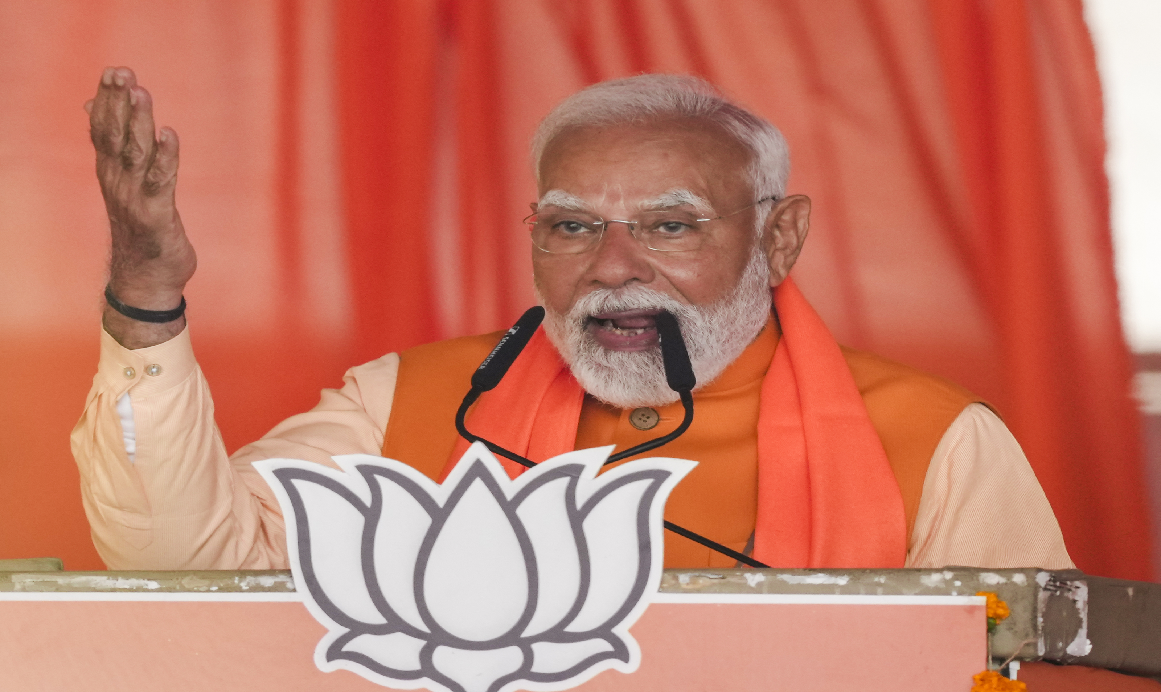Emerging contours of postneo-liberal economics
M. A. Siraj
Humanity is threatened more by the kind of policies that have come to steer and characterise national economies in the last four decades, which have seen a relentless march of what is called neo-liberal economics.
Academics and researchers are trying to figure out damages wreaked by the theories and policies of neoliberal economics. While some would compare neoliberalism with the tyranny unleashed by terrorists and nuclear wars, others say it is more baneful than racism, trade in narcotics and illegal arms.
Some would not even feel shy of declaring that iniquitous economy and wealth distribution are responsible for the perilous state of humanity today. Many economists are challenging the view that an economy left to itself would bring about equilibrium and distribute economic rewards evenly. The concern is prompted by four recent developments: growth o f d i g i t a l technolo g y, pandemic, increasing public awareness about climate change, and growing student activism worldwide. T h e n e w genre of academics find neoliberalism flawed due to its belief that the economy and the earth’s life support system function independent of each other.
They term this view ossified as it denies that it has an upper limit and is holed up in its fortress of denialism. They are also dismissive about power relations that act as the main determinants of market outcomes today.
Economist Edward Fullbrook who initiated a discussion in a blog post titled ‘Real World Economic Review,’ writes that the neoliberal economy in its current phase has turned into an existential threat to civilization.
Fullbrook, the author of books like ‘Trumponomics’ and ‘Market-value’, says neoliberalism leaves unexplained the huge rise in upward redistribution of wealth and income in the last 40 years. It also has no plan for the downward redistribution of wealth and income as an alternative to economic growth.
Fullbrook names post-neoliberal economics as ‘Economics 999’ and urges the discussants to initiate measures to put in place study courses, introduce them into universities and prepare textbooks.
He is currently engaged in writing a textbook to be published in a year.
This book will be the first tangible tool in his fight against the indoctrination that goes on in university classrooms teaching neoliberal economics.
 English daily published in Bengaluru & Doha
English daily published in Bengaluru & Doha






